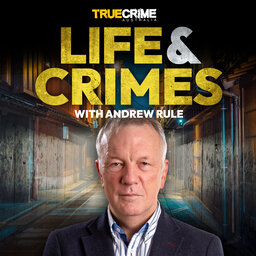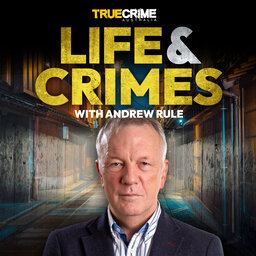Sean Christian Price: Evil man, tragic history
Ten years ago, Masa Vukotic's short life was ended by a dangerous and deluded man. Andrew Rule probes his violent past — and the forces that may have shaped him into a brutal killer.
Subscribe to Crime X+ to hear episodes early and ad free, unlock bonus content and access our slate of award-winning true crime podcasts
Have a question for one of our Q+A shows? ask it at: lifeandcrimes@news.com.au
Like the show? Get more at https://heraldsun.com.au/andrewrule
Advertising enquiries: newspodcastssold@news.com.au
Crimestoppers: https://crimestoppers.com.au/
If you or anyone you know needs help
Lifeline: 13 11 14
Beyond Blue: 1300 22 4636
Kids Helpline: 1800 55 1800
 Life and Crimes with Andrew Rule
Life and Crimes with Andrew Rule


